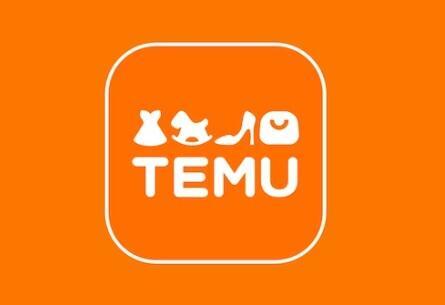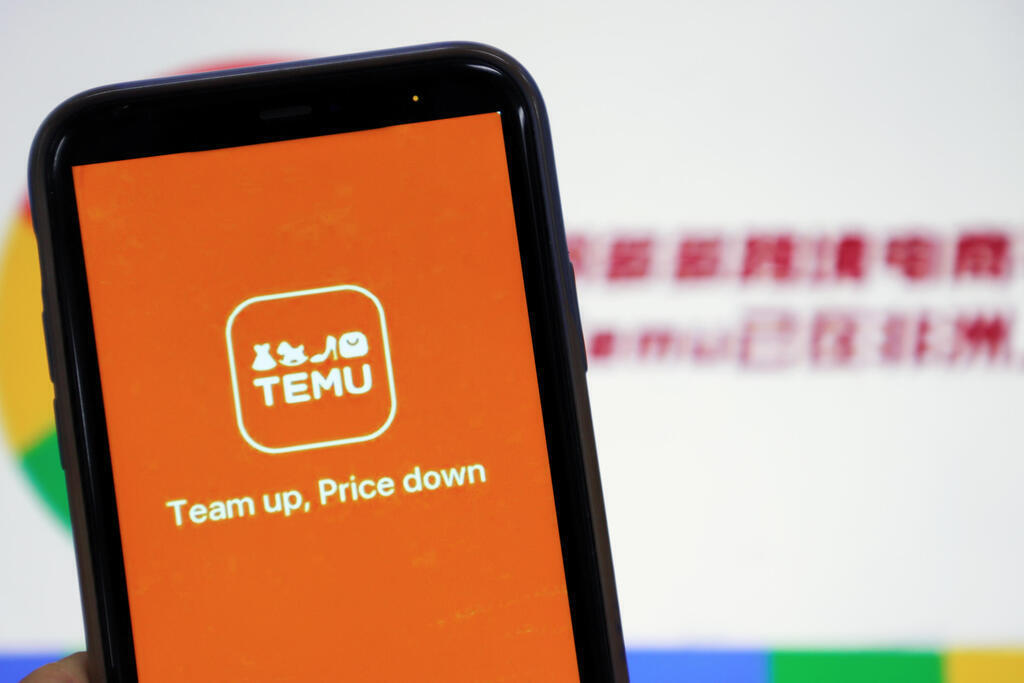Getting your Trinity Audio player ready...
Once the quintessential factory floor for the Western world, China has evolved from a mere backdrop for survival-driven factory migrations. With its cost-effective labor under stringent conditions, China catalyzed a production revolution that subtly redefined global consumption patterns.
Yet, the narrative has shifted dramatically in recent years; China is no longer just the world's workbench. It's transformed into a global marketplace, birthing brands that have rewritten the rules of international business.
Enter the scene: Shein, a fast-fashion juggernaut that transcended its national borders and captured the global imagination. Launched in 2008, Shein remained under the radar until the COVID-19 pandemic catapulted it into a household name. By 2022, it was boasting a colossal $23 billion in global sales, marking a staggering 475% surge from its pre-pandemic figures in 2019.
Celebrated for its sprawling variety, expansive supply chain and knack for viral, on-demand production at bargain prices, Shein was crowned by Bank of America in late 2022 as "the biggest threat to online fashion retailers." By 2023, Shein not only dominated 28% of the U.S. fast fashion market—just trailing behind Amazon's 33%—but also doubled its profit to $2 billion from the previous year, according to Earnest Research.
Amid Shein's whirlwind success, a new challenger appeared on the horizon—Temu. This wasn't just a chance occurrence but a calculated move. Mirroring Shein's business model but with a more aggressive playbook, Temu was born out of PDD Holdings' ambition. Right from its inception, it aimed to outshine Shein, setting a bold target to eclipse Shein's gross merchandise value in a single day by the third quarter of 2023—a feat it achieved with aplomb and without reinventing the wheel.
Unlike its predecessors who launched in China before venturing abroad, Temu flipped the script by setting up shop in Boston. Its mission? To conquer the U.S. market first, then the world.
Temu's strategy is a blend of aggressive mass production supported by a legion of suppliers, unrestrained advertising spending and compelling tech-driven designs. This approach has ushered in a new era of consumer culture—one that transforms shopping into an interactive game, a journey of discovery rather than mere acquisition. For Temu's customers, shopping is less about necessity and more about entertainment, reminiscent of browsing through Netflix rather than a traditional mall—where the thrill of the find replaces the need.
Download king of 2023
Temu burst onto the scene like Batman suddenly appearing behind Commissioner Gordon—seemingly out of thin air, yet suddenly omnipresent. Launching in the U.S. in September 2022, by March 2023, this global shopping app was active in 48 countries, spanning Europe, Australia and the Middle East, including Israel.
In a meteoric rise reminiscent of a viral TikTok trend, Temu's app was swiftly downloaded by 250 million users globally, with more than half of those downloads coming from the U.S. alone. As of now, it ranks as the second most popular shopping app in the U.S., trailing only Amazon, and has even clinched the top spot in Germany.
In 2023, Temu leapfrogged its competitors to become the most downloaded app worldwide, with a staggering 337 million downloads, surpassing Shein's 262 million, Amazon's 188 million and Shopify's 160 million. Its rapid adoption in Israel is particularly noteworthy, as it has overtaken Shein in terms of monthly order volume, a testament to its widespread appeal.
Its explosive growth and aggressive marketing notwithstanding, some skeptics questioned the legitimacy of Temu's low prices and enticing giveaways. However, it has proven itself to be a legitimate powerhouse, clearly stating its ambitious goal for its inaugural full year: to hit $10 billion in global sales—a target it not only met but exceeded with ease.
By the end of 2023, according to CICC, Temu's revenues soared to $18 billion, propelling parent company PDD's stock nearly 50% higher and valuing the company at an impressive $175 billion. At its peak, PDD even outstripped Alibaba—a titan established 16 years its senior—in market value, becoming the largest e-commerce company in China.
The secret to Temu's success can be distilled into one decisive strategy: dominating the advertising landscape. J.P. Morgan reports that Temu shelled out $1.7 billion on advertising in the past year, with plans to ramp up to $3 billion in 2024. This spending spree outpaces nearly all major U.S. companies, save for giants like Amazon, Procter & Gamble and PepsiCo.
Tencent reveals that Temu splurges up to $10 million daily on Meta and Google ads alone. Etsy CEO Josh Silverman commented that the hefty ad spends by Temu and Shein have almost single-handedly driven up market advertising costs.
Temu's marketing prowess was on full display during the last Super Bowl—a cultural phenomenon akin to the Oscars for advertisers—where it aired three commercials. These spots, while seemingly modest in production value, underscored a strategic focus on omnipresence over luxury, ensuring that its simple orange and white logo became as recognizable as the golden arches of McDonald's. In the world of Temu, it's not about wooing customers with high-end aesthetics but about embedding the brand into the fabric of everyday life.
Unlike Shein, PDD hasn't yet managed to convert its booming activity into net profits. Initially earmarking 20 billion Chinese yuan (just shy of $3 billion) for aggressive growth tactics, the company soon found itself boosting that budget to 23 billion yuan (slightly over $3 billion) due to soaring demand.
This massive financial commitment follows the "loss leader" playbook—deep discounts and hefty subsidies that eat into profits by 30% per order, as reported by Chinese data firm 36kr. It's a bold move reminiscent of Amazon's early days, where it famously sacrificed short-term gains to secure a long-term foothold in the market.
The meteoric rise of Shein and Temu isn't just reshaping shopping habits in the West; it's also sending shockwaves through their domestic market. Giants of the Chinese e-commerce scene, Alibaba and JD.com, are feeling the heat. Alibaba's Jack Ma and JD.com's Richard Liu have both recently expressed a sense of urgency for transformation within their enterprises, spurred by the aggressive push from these new industry disruptors. Liu, in a poignant memo to his team, stressed the dire need for change: "We must change," he insisted, "otherwise, we have no way out."
Echoing this sentiment, Ma urged his troops to "pay any price and make sacrifices" in response to the stiff competition, leading Alibaba to make sweeping changes among its top brass in the e-commerce departments. This strategic pivot is akin to a coach shaking up a sports team's lineup in the face of a losing streak, hoping to inject new energy and turn the game around.
Buying off billionaires
Shein and Temu are rewriting the rules of retail, diverging sharply from Amazon’s strategy of "customer obsession," speedy delivery, and hassle-free returns. Instead, they tune into the ephemeral desires of a new consumer generation that craves endless novelty, akin to scrolling through a never-ending feed of viral TikTok videos. This is consumerism for the age of short attention spans, where both companies have turned the relentless supply of cheap, trendy products into a fine art.
Shein’s approach involves an algorithm that functions much like a social media influencer, constantly scanning platforms such as Google, TikTok, Instagram, and others to spot and set trends. Working with around 3,000 designers, Shein quickly translates these trends into affordable fashion. Small batches of 50 to 100 items are produced by its vast network of suppliers in under ten days, and if these prove popular, they scale up to mass production. This strategy is dubbed the "automated test and reorder model at scale," enabling the addition of approximately 6,000 new items daily.
Temu, meanwhile, casts an even wider net with around 80,000 suppliers in its arsenal, capable of producing just about anything you can think of. This platform is relentless in its data harvesting, constantly adapting to the fluctuating tastes and trends that define Generation Z's consumer behavior.
Daily, thousands of new, budget-friendly items are thrown into the mix, feeding the colossal consumption machine. With the slogan "Shop like a billionaire," Temu promises a shopping spree without the splurge, essentially telling customers they can indulge their every whim because the cost is negligible. This strategy is a masterclass in how to cultivate loyalty among American, Israeli, and European shoppers, offering them the allure of endless choice without the guilt of overspending.
Shein and Temu have revolutionized the retail space with two major innovations, flipping the traditional shopping experience on its head. The first major shift is from "search" consumerism to "discovery" consumerism. Gone are the days when shoppers would methodically hunt for specific items like "pants" on a website. Instead, Shein and Temu have turned shopping into an endless, addictive scroll akin to TikTok—where the thrill of discovery and the fear of missing out merge into a continuous, engaging experience.
This constant influx of new items not only keeps the excitement alive but also taps into a unique blend of insatiability and FOMO if shoppers don't snag an item before it vanishes from mass production. These platforms have mastered the art of drawing users in during moments of boredom, with no particular shopping need in mind, leading to a phenomenon Temu calls "the new e-commerce," centered around "spontaneous consumption."
To amplify this engagement, Temu integrates what they refer to as a "behavioral component" into the buying process—much like their sister company Pinduoduo—featuring gamification elements such as frequent raffles and incentives for users to earn discounts by sharing. This strategy has paid off handsomely, with eMarketer reporting that an average user spends 18 minutes per day on Temu, surpassing the time spent on giants like Amazon, AliExpress, and eBay.
The second innovation is what's known as "Hauls," a marketing marvel that has become a phenomenon in its own right. Shein pioneered this approach by sending massive packages filled with free items to "micro-celebrities." These influencers unveil the contents, often more than a hundred items, in viral videos, effectively turning each unboxing into a must-watch event. They offer their followers special discount codes while earning sales commissions, making Shein and Temu haul some of the most sought-after content on platforms like TikTok and YouTube, with Shein often leading the pack.





